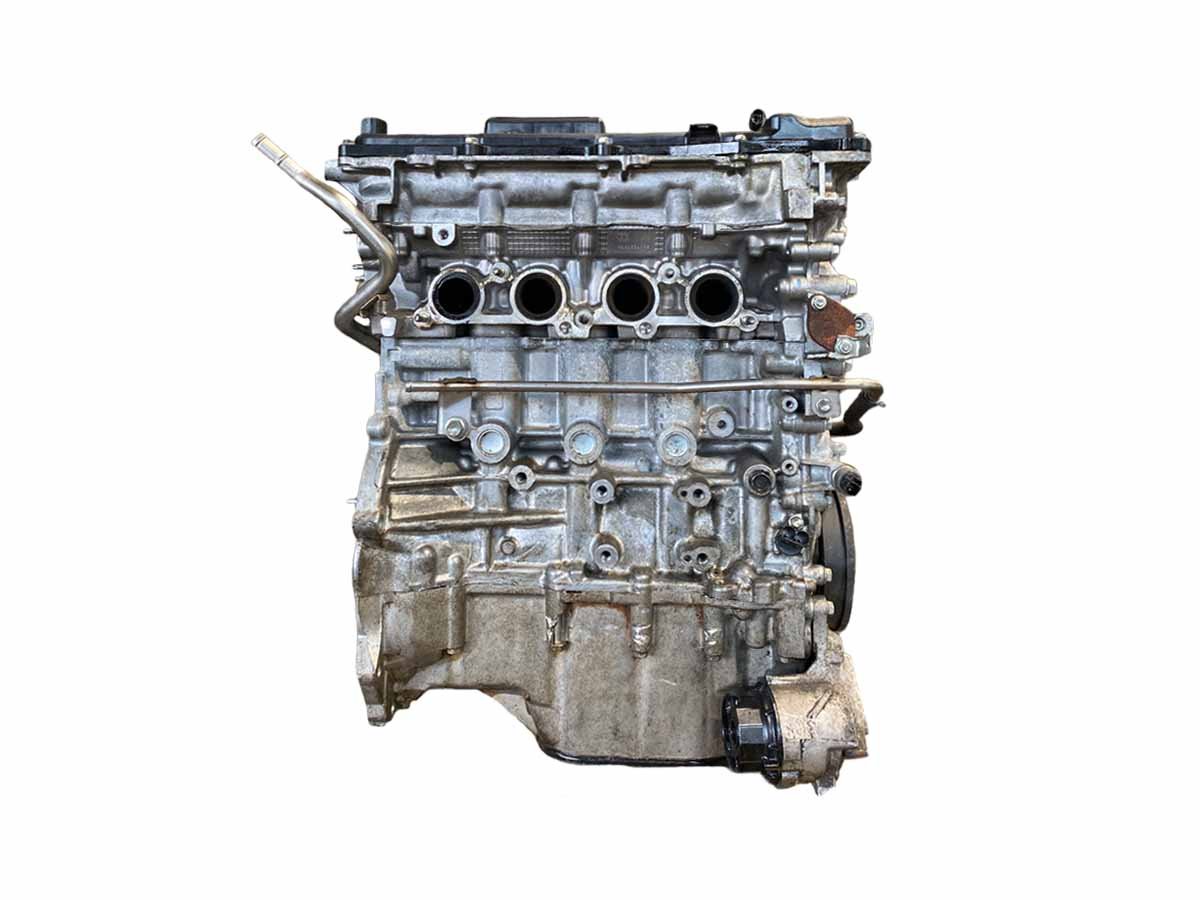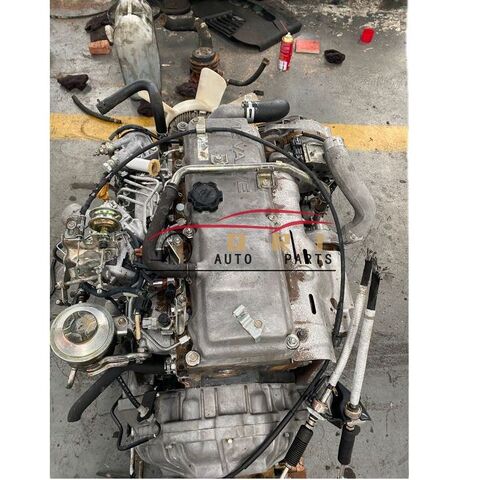Discover the Power and Efficiency of the Toyota RunX RSI
Discover the Power and Efficiency of the Toyota RunX RSI
Blog Article
Explore Top Quality and Value: Your Overview to Buying a Previously Owned Engine
When considering the acquisition of a second-hand engine, comprehending the elaborate equilibrium in between top quality and value is critical. An extensive evaluation of engine reliability, problem, and background is important to guarantee an audio financial investment. By performing correct inspections and research, possible buyers can navigate the complexities of the market extra effectively. The nuances of service warranty choices and pricing methods can considerably influence the general decision-making process. As you ponder these elements, one question continues to be: what certain aspects will ultimately guide your selection in this critical investment?
Comprehending Engine Types
When considering the purchase of a pre-owned engine, comprehension of the various engine kinds is important for making an educated choice. Engines can typically be categorized into 2 primary types: inner burning engines and electric engines. Internal burning engines, that include gasoline and diesel versions, count on the burning of gas to create power. Fuel engines are generally lighter and rev greater, making them suitable for efficiency lorries, while diesel motor are renowned for their torque and gas performance, frequently favored in durable applications.
On the various other hand, electrical engines utilize electricity saved in batteries to power the lorry, providing a cleaner alternative with fewer moving parts and reduced maintenance requirements. Within these categories, there are additionally distinctions, such as four-stroke versus two-stroke interior combustion engines, and various electric motor configurations.
Comprehending these distinctions is essential, as they affect efficiency, compatibility with existing vehicle systems, and long-term operational expenses. By familiarizing oneself with the numerous kinds of engines available, potential purchasers can better analyze their demands and choose that line up with their automobile's needs and their individual preferences.

Evaluating Engine Problem
A complete examination of engine problem is extremely important for any person considering the purchase of a pre-owned engine. Begin with an aesthetic examination; look for indicators of oil leakages, rust, or any physical damage to the engine block. A clean engine is commonly indicative of excellent upkeep techniques, while excessive grime may recommend disregard.
Following, evaluate the engine's elements, including the timing belt, gaskets, and seals. Look for wear and tear, as these components can be pricey to change. In addition, take a look at the engine mounts, as damaged installs may bring about vibrations and additional mechanical problems.
A compression examination is necessary to gauge inner engine health. Consistent compression across all cyndrical tubes shows a well-maintained engine, whereas considerable inconsistencies might indicate internal damages or wear.
Listening to the engine throughout a start-up can offer useful understandings; any unusual noises, such as knocking or rattling, may suggest deeper problems. If feasible, demand a test run to evaluate performance under load. By thoroughly examining these elements, prospective purchasers can make informed decisions and protect a top quality pre-owned engine.
Checking Engine History
Recognizing the engine's background is critical for making an educated acquisition. Expertise of previous usage, maintenance documents, and any previous problems can considerably affect the engine's integrity and durability. Begin by requesting the lorry recognition number (VIN) or engine identification number, which permits you to trace the engine's history.
Use offered resources, such as Carfax or AutoCheck, to get a car background record. This record will give vital understandings, including crash background, solution records, and previous ownership details. Toyota RunX RSI. Pay specific focus to any kind of indications of severe damage or repeated fixings, which might show underlying problems
Inquire concerning upkeep routines carried out on the engine. Regular oil adjustments, timing belt substitutes, and various other safety nets reflect responsible ownership. Furthermore, ask if the engine has undergone any modifications, Go Here as non-standard alterations can impact efficiency and compatibility with your lorry.
Finally, if possible, seek verification from a relied on mechanic who can assess the engine's condition based upon its background (Toyota RunX RSI). This extensive investigation will help you make certain and avoid potential risks that your investment is beneficial and sound
Service Warranty and Return Plans
Getting a second-hand engine typically includes differing warranty and return policies that can significantly influence your choice. When considering a used engine, it is important to extensively examine the guarantee choices given by the seller. Some suppliers may offer minimal warranties that cover certain parts for a defined period, while others may give more thorough protection. Understanding the problems and terms affixed to these service warranties is critical, as they can affect the long-term worth and reliability of your acquisition.

Furthermore, reliable sellers frequently supply documentation that describes the warranty and return procedure, ensuring transparency. Always request this details prior to finalizing your acquisition. A well-defined guarantee and return policy can supply satisfaction and secure your financial investment, making it an essential part of the decision-making procedure when getting a second-hand engine.
Locating the most effective Offers
When seeking the very best bargains on a second-hand engine, it is crucial to carry out detailed research study and compare rates from various vendors. Start by checking out on the internet marketplaces, auto forums, and local salvage yards to collect a thorough understanding of the market. Using cost contrast tools can simplify this process, highlighting affordable rates throughout various systems.

Take into consideration timing your purchase strategically. Seasonal variations in pop over here demand can affect rates, with specific times of the year using much better offers. In addition, be open to bargaining costs; several vendors may want to this post lower their asking cost, specifically if the engine has actually been noted for a prolonged period.
Verdict
In summary, acquiring a pre-owned engine necessitates a detailed assessment of high quality and worth. Evaluating engine condition with examinations and assessments, validating its background, and understanding service warranty and return policies are vital actions.
When thinking about the purchase of a used engine, understanding of the numerous engine types is necessary for making a notified choice. Engines can usually be categorized right into two primary kinds: internal burning engines and electrical engines. Gasoline engines are typically lighter and rev greater, making them suitable for performance vehicles, while diesel engines are renowned for their torque and gas effectiveness, often preferred in heavy-duty applications.
A comprehensive examination of engine problem is extremely important for anyone thinking about the purchase of a pre-owned engine. Begin by asking for the vehicle identification number (VIN) or engine serial number, which allows you to map the engine's background.
Report this page